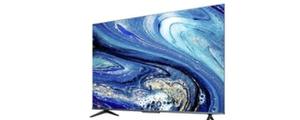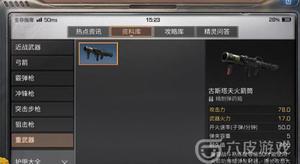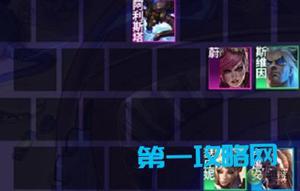转换:翻译(-50%,-50%)
当使用英雄图像或全屏显示时,我通常会看到带有以下CSS的文本或图像:
.item { top: 50%;
left: 50%;
transform: translate(-50%, -50%);
}
有人可以向我解释此代码的实际作用吗?
回答:
之所以transform: translate(-50%, -50%)需要这样做,是因为您希望 的中心与父
的中心对齐。简单来说,可以归结为translateX(-50%) translateY(-50%),这意味着:
- 沿x轴向左移动我宽度的50%,并且
- 沿y轴将我向上移动我身高的50%
这有效地将元素的中心移动到其原始的左上角。请记住,而不是在left: 50%; top
50%元素上进行设置时,您要将其左上角移至其父级的中心(这意味着它根本不在视觉上居中)。通过将元素分别向左和向上移动其宽度和高度的一半,您可以确保其中心现在与父对象的中心对齐,从而使其在视觉上水平+垂直居中。
作为概念验证,请参见下面的代码段:将鼠标悬停在父元素上,以通过以下方式使子元素的“ ghost”重新定位transform:
translate(-50%, -50%):
body { margin: 0;
padding: p;
}
.parent {
background-color: #ccc;
width: 100vw;
height: 100vh;
position: relative;
}
.child {
background-color: rgba(0,0,255,0.5);
width: 50px;
height: 50px;
position: absolute;
top: 50%;
left: 50%;
}
.child::before {
background-color: rgba(255, 0, 0, 0.5);
position: absolute;
top: 0;
left: 0;
width: 50px;
height: 50px;
content: '';
transition: all .5s ease-in-out;
}
body:hover .child::before {
transform: translate(-50%, -50%);
}
<div class="parent">
<div class="child"></div>
</div>
以上是 转换:翻译(-50%,-50%) 的全部内容, 来源链接: utcz.com/qa/408442.html








